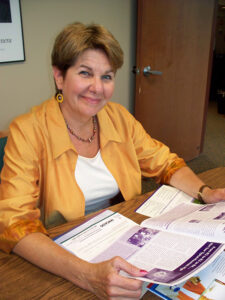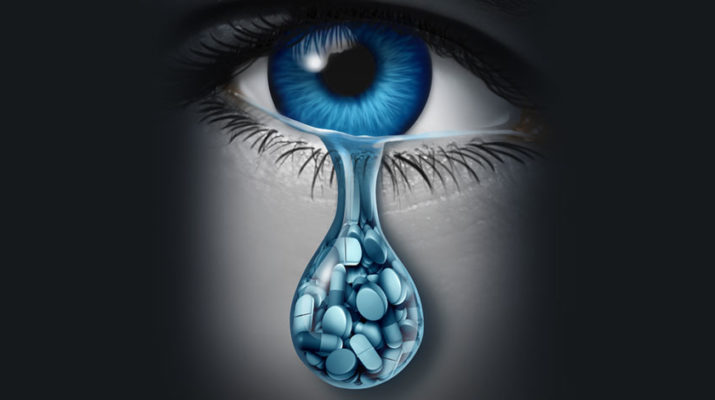Incidence substantially higher among gay men and lesbians
By Jennifer Faringer
Pride Month was celebrated nationally in June. As we celebrate the rich mosaic of diversity of the LGBTQ+ community, it’s important to recognize the too often-disproportionate health challenges faced by this marginalized population, including marijuana misuse.
According to the recent drug report and data collected by the Department of Health and Human Services, gay men are almost twice as likely to have used marijuana in the past month than straight individuals (27.1% vs. 14.8%). The percentage is similarly high for lesbians (27.8%) and bisexuals (32.6%).
For LGBTQ+ youth, 34% reported past-year marijuana use (29% of whom were younger than 21).
For youth who have experienced conversion therapy, they are 25% more likely to report regular use of marijuana. Those who have experienced physical harm due to their sexual identity are 62% more likely to use the drug regularly.
Forty-two percent of those in this report indicated that marijuana is their drug of choice, compared with 19% of the general population.
The increased use extends to other drugs of misuse. For example, 6.7% of LGBTQ+ individuals report misuse of prescription opioids which is double the 3.6% of the general population, according to National Institute on Drug Abuse. Illegal stimulant misuse for gay men is three times that of straight men according to Columbia University.
Another report found that 11% of LGBTQ+ youth reported past-year use of prescription drugs that were never prescribed to them. For Native LGBTQ+ youth, the rate is even higher at 144% for those reporting regular use (daily or weekly). The multiracial LGBTQ+ population is 36% more likely to report regular use than white LGBTQ+ youth.
Why these disparities and what drives these sharp increases of misuse?
Individuals, particularly in these communities, misuse drugs at a higher rate and more regularly as a result of the stressors they experience due to their marginalized status. Additionally, advertising campaigns that too often adversely target this community are a factor.
To learn more about current trends of drug misuse and the impact upon our communities or to schedule a presentation, contact this writer, NCADD-RA director, at jfaringer@depaul.org
For more resources and information on various drugs of misuse, visit website at www.ncadd-ra.org and click Awareness Campaigns.
Staff at NCADD-RA also provide a wide variety of addiction-related resources at community health fairs. To request participation at your event, contact FLARC coordinator David Young at dayoung@depaul.org.
 Jennifer Faringer, CPP-G (Credentialed Prevention Professional—Gambling), is the director of the National Council on Alcoholism and Drug Dependence — Rochester Area.
Jennifer Faringer, CPP-G (Credentialed Prevention Professional—Gambling), is the director of the National Council on Alcoholism and Drug Dependence — Rochester Area.

